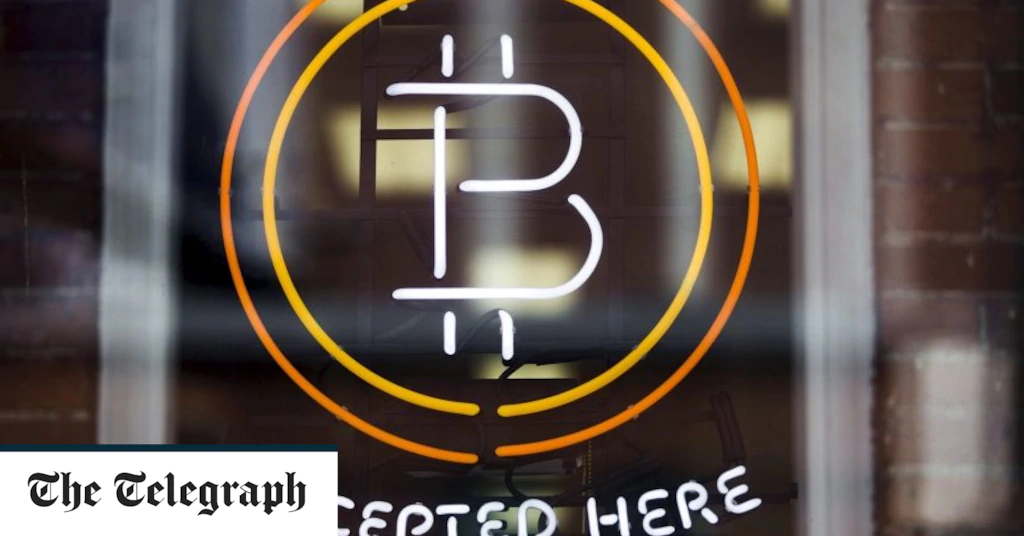
Computer geeks packing away hard drives was never going to be quite as dramatic as sharp-suited bankers carrying boxes of their possessions and pieces of office art down Wall Street, but the collapse of the Bitcoin currency exchange Mt Gox in 2014 was widely seen as the alternative digital currency’s Lehman Brothers moment.
The Tokyo-based exchange, which was handling 70pc of all Bitcoin transactions a year earlier, suspended trading and was eventually liquidated, with approximately $450m disappearing. Earlier this month, Japan introduced legislation to protect users from being ever stung by a collapse again, while also making Bitcoin exchanges comply with anti-money laundering regulations and officially authorising it as a normal payment method.
In the UK, cryptocurrencies, as payment methods such as Bitcoin are known, still have a confusing legal status. But Japan’s move could act as a framework and catalyst for widespread adoption.
Dr Cathy Mulligan, co-director of Imperial College London’s Centre for Cryptocurrency Research and Engineering, who believes that insufficient regulation could be holding back startups and the growth of financial technology, rather than creating opportunities through lack of regulatory constraints, says: “We have the situation in the UK where many startups are chasing the regulator to say, ‘How are we going to be regulated?’ rather than the other way round.
